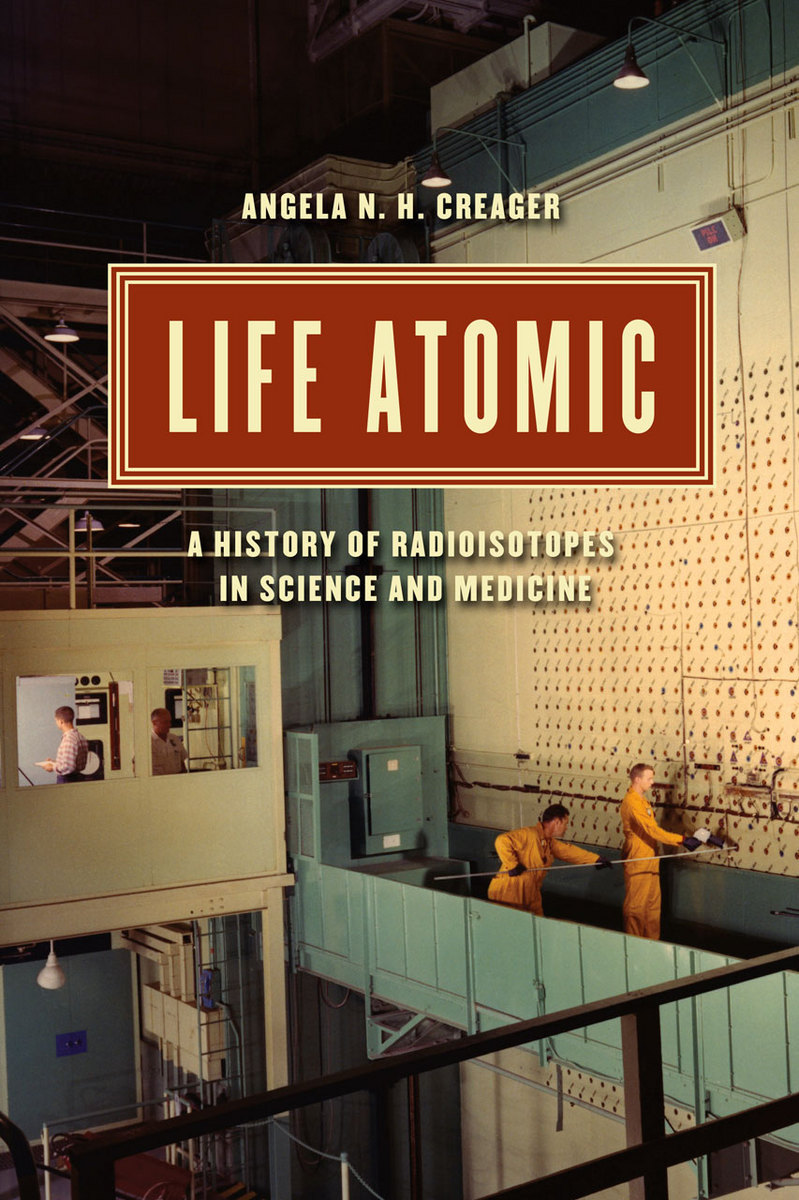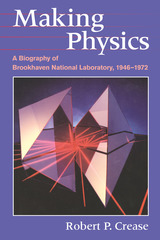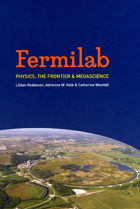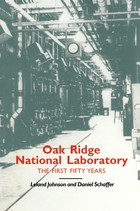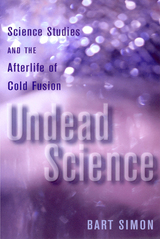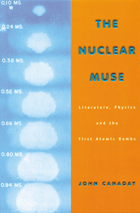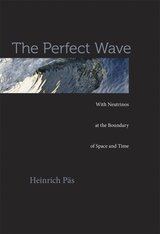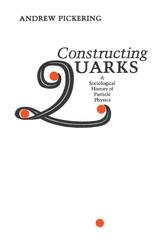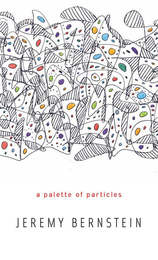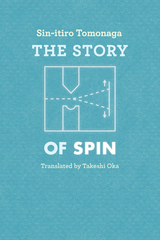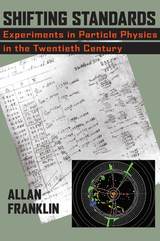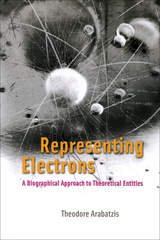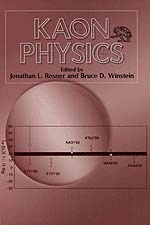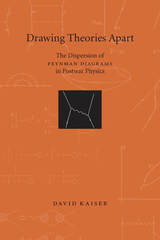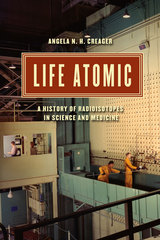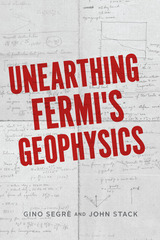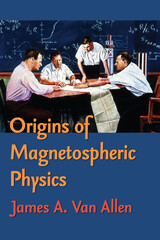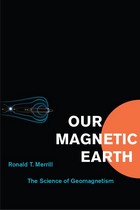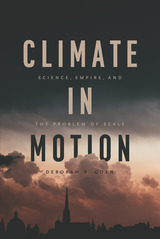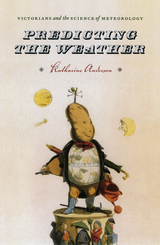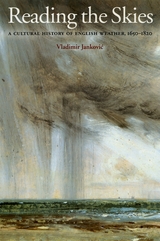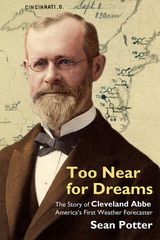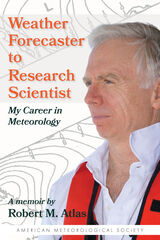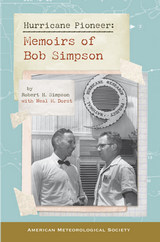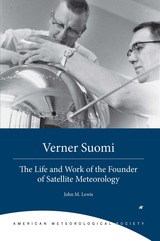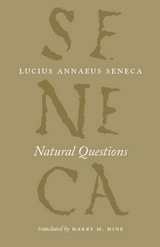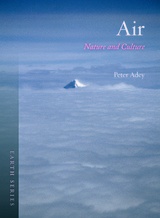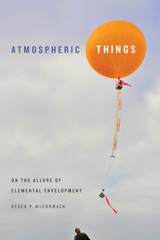“A fascinating portrait of the use and meaning of radioisotopes in twentieth-century science and medicine, Angela N. H. Creager’s Life Atomic is serious, high-quality scholarship that contributes to our understanding of science over the last century. This long-awaited volume justifies the wait.”
— M. Susan Lindee, University of Pennsylvania
“Life Atomic is the first comprehensive history of radioactive tracing, a key research technology without which a science such as molecular biology would not have come into being. Through this technology, the life sciences and medicine came into deep resonance with the atomic Cold War era. Angela N. H. Creager beautifully unfolds this web before our eyes, and does so by making use of a rich variety of archival sources.”
— Hans-Jörg Rheinberger, Max Planck Institute for the History of Science
“Angela N. H. Creager’s book is breathtaking in scope, a lucid, original account of how radioisotopes came to suffuse and, in many ways, transform research in fields ranging from the experimental life sciences to biomedicine and ecology. It evenhandedly reveals the close coupling between their exploitation and the dynamics of the Cold War, illuminating how they served at once the purposes of health and security, pressing against the ethical boundaries of research with human subjects while helping to tie together the laboratory and the clinic. In all, a masterful work of historical scholarship.”
— Daniel J. Kevles, Yale University
“The Manhattan Project’s impact reverberated beyond the atomic bomb, reveals Angela Creager in this lucid scientific history. . . . Creager deploys radioisotopes as ‘historical tracers’ to explore shifts in medicine, perceptions of cancer risk, and the porous ‘civilian-military divide.’”
— Nature
“A striking portrait of the emergence of Cold War science. The book contributes to a growing historical literature that has begun to reconfigure our understanding of the period and its enduring legacies. . . . Creager’s deft attention to the ironies that have accompanied efforts to harness the atom is history of science at its best: a crystal clear portrait of just how untidy the impacts of science can be.”
— Joanna Radin, Science
“Angela Creager’s deeply researched and elegantly written new book is a must-read account of the history of science in twentieth-century America. . . . Not only is it a historiographically important and meticulously crafted work based on exhaustive research, but it’s also a great set of stories. The pages of Life Atomic are full of guinea pigs, scientific vaudeville, and stories and characters from many different fields of the modern life sciences, expertly weaving them together into a compelling set of arguments.”
— Carla Nappi, New Books in Science, Technology, and Society
“Radioisotopes are a cornerstone of technology, facilitating basic research and augmenting medical treatment. As a biochemist familiar with such isotopes, decorated historian Creager is well qualified to examine the expansion of radioactive power. Her Life Atomic is a strikingly complete narrative of the social and scientific factors sparking such expansion in the peaceful realm. . . . Students and seasoned professionals alike will gain significant insight into the foundations of this central technology, making it a critical resource for academic and professional libraries. Essential.”
— B. D. Spiegelberg, Rider University, Choice
"Creager's Life Atomic will serve as a benchmark for outstanding scholarship and as an essential point of reference on the use of radioisotopes in science and medicine for many years to come."
— Science Direct
"It would be hard to ask for a better history of radioisotopes than Creager's Life Atomic."
— FASEB Journal
"Historians of the physical and biological sciences will find this book indispensable, but Creager’s thorough explication of both the science and the institutional context in which it was pursued makes this work accessible to and useful for audiences interested in postwar nuclear culture writ large. Fact-dense but not pedantic, and argumentatively nuanced without being overly subtle, Life Atomic is a first-rate work in the history of science."
— American Historical Review
"Enjoyable not only for those 'in the trade' but for all scientific and health professionals."
— Chemistry World
"A thorough and fascinating account of the challenges that the US Atomic Energy Commission faced in the course of trying to remake nuclear radiation into a scientific and medical tool, as well as a profitable product. . . . Life Atomic is an enjoyable and important book, which should top the reading list of any scholar interested in the development of postwar science and medicine."
— Andrew J. Hogan, Metascience
"Exhaustively documented and sharply written, with no place for anecdote, Life Atomic provides a coherent narrative about the industrialisation, regulation, and scientific and medical impact of radioisotopes in the United States during the Cold War."
— Néstor Herran, Université Pierre et Marie Curie, Paris, AMBIX
"A landmark achievement. . . . Well researched and masterfully narrated, Life Atomic is a must-read book for anyone who is interested in the instrument-driven development of life sciences following the WWII."
— Paul J. J. M. Bakker, Radboud University Nijmegen, The Netherlands., Journal of the History of Medicine
"Novel and engaging. . . . With its dedication to tracing the diverse, recent, and now mostly forgotten trajectories of radioisotopes in American biomedicine, Life Atomic abounds with historicist insights."
— Kenton Kroker, Isis
"This is an excellent book on a truly important subject. It is impossible to summarize all the topics studied by Creager in her rich and carefully researched book, or even to enumerate all the book’s contributions to the history of science, technology and medicine."
— History and Philosophy of the Life Sciences
"For most laypeople, atomic science in the Cold War means arms races, bomb shelters, and nuclear fallout. In Life Atomic, Creager offers a new perspective by exploring a different side of radiation science: the use of radioisotopes in laboratory science and medical research. During the early days of the Cold War, radioisotopes were hailed as a peaceful use of atomic science, a way to put fission products to use for everything from curing cancer to improving foreign relations. However, as public perception of radioactivity shifted, radioisotopes came to be seen as a potential poison. Creager deals deftly with atomic science, cultural debates, and Cold War politics to give us a fresh look at the atom’s fraught 20th-century history."
— Physics Today
"In Creager’s hands, we see the full scope of biomedical research from the perspective of the radioisotopes that flowed out of nuclear production facilities and through an intricate network of laboratories, environments and living bodies. Life Atomic is not a call for more histories of tracers – it is a call for a new kind of history, one framed less in terms drawn from without than in terms unearthed from within. Though Creager is too humble to admit it, her book suggests a new methodology for the history of science and medicine, if not history itself. If we adopt it, historical scholarship might become more unified and more pluralistic at once. Creager has given us more than a new history. Life Atomic models a new way to write such histories. It should be read by anyone interested in understanding the past on its own terms."
— Medical History
